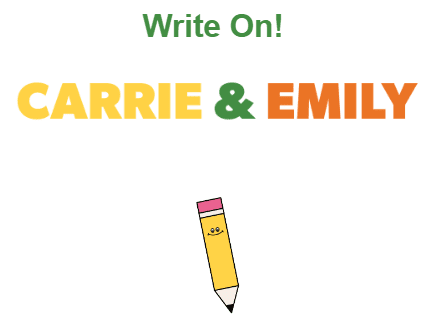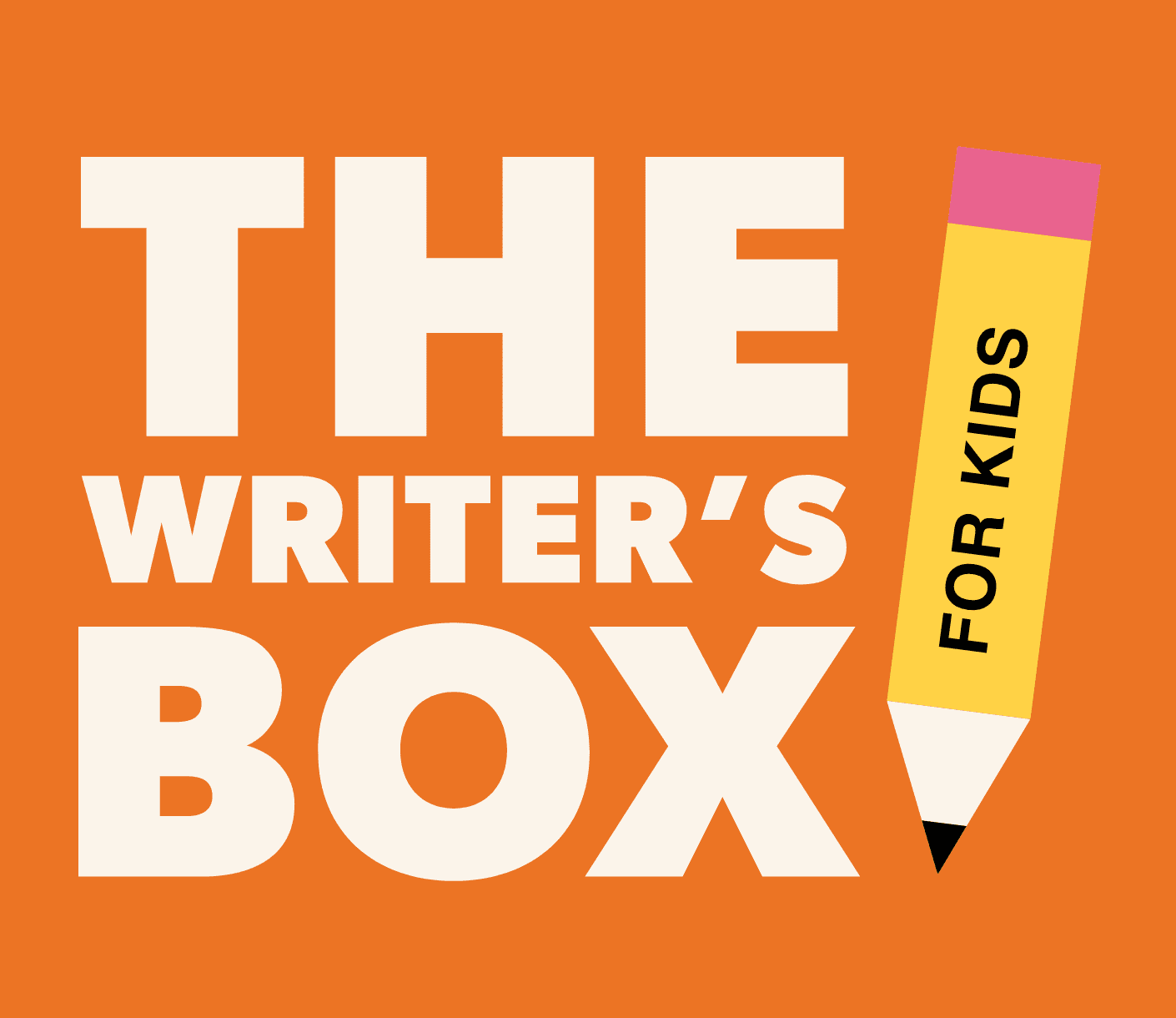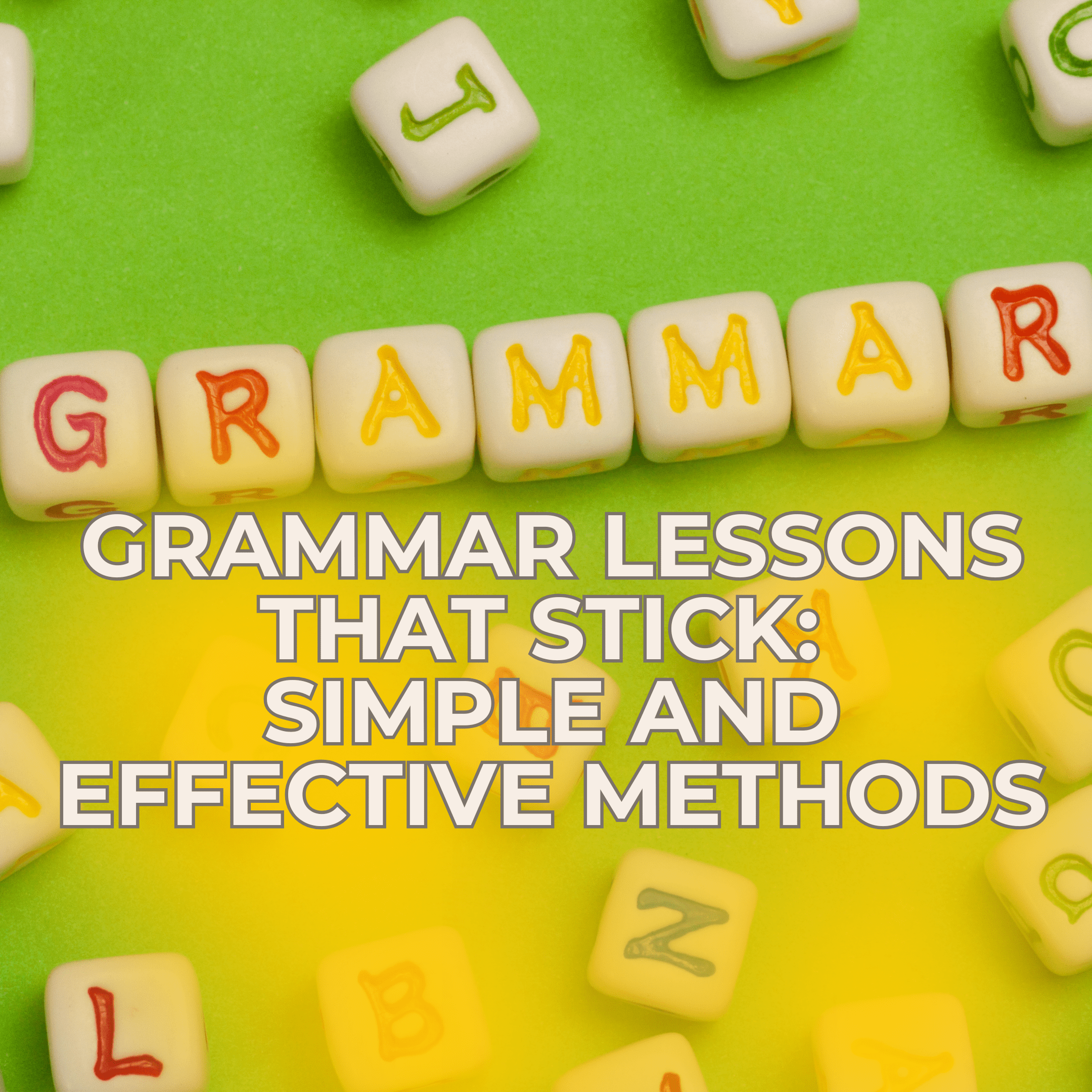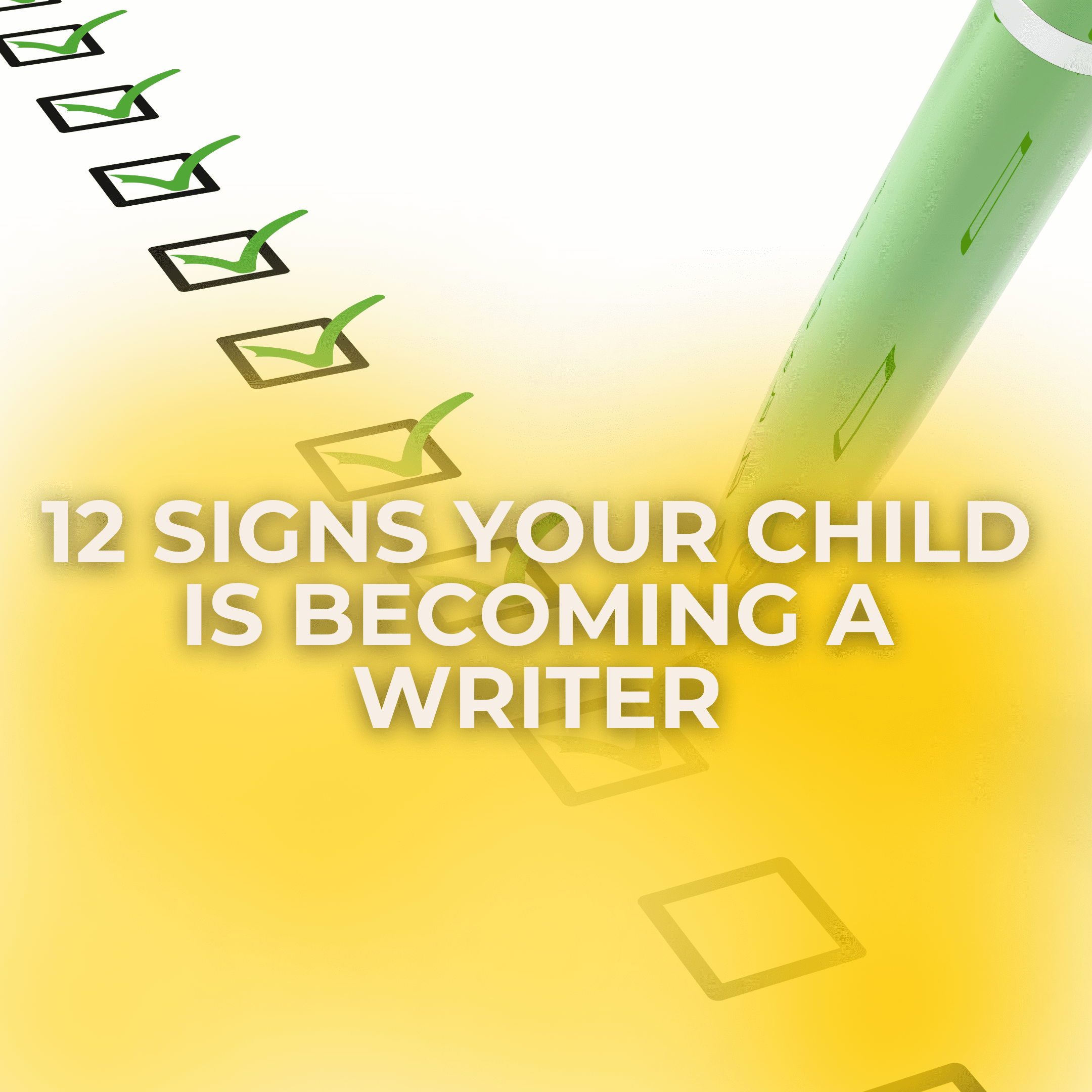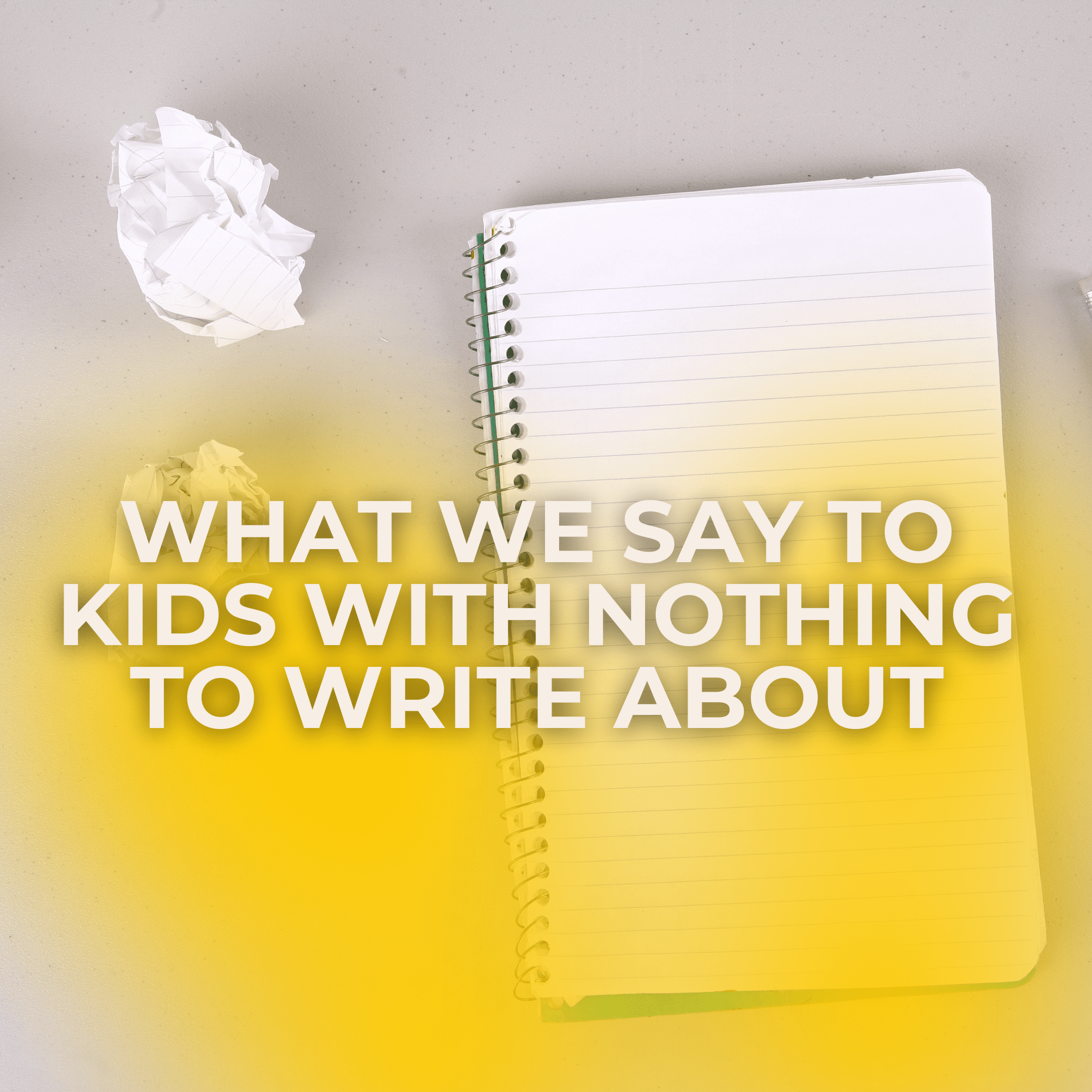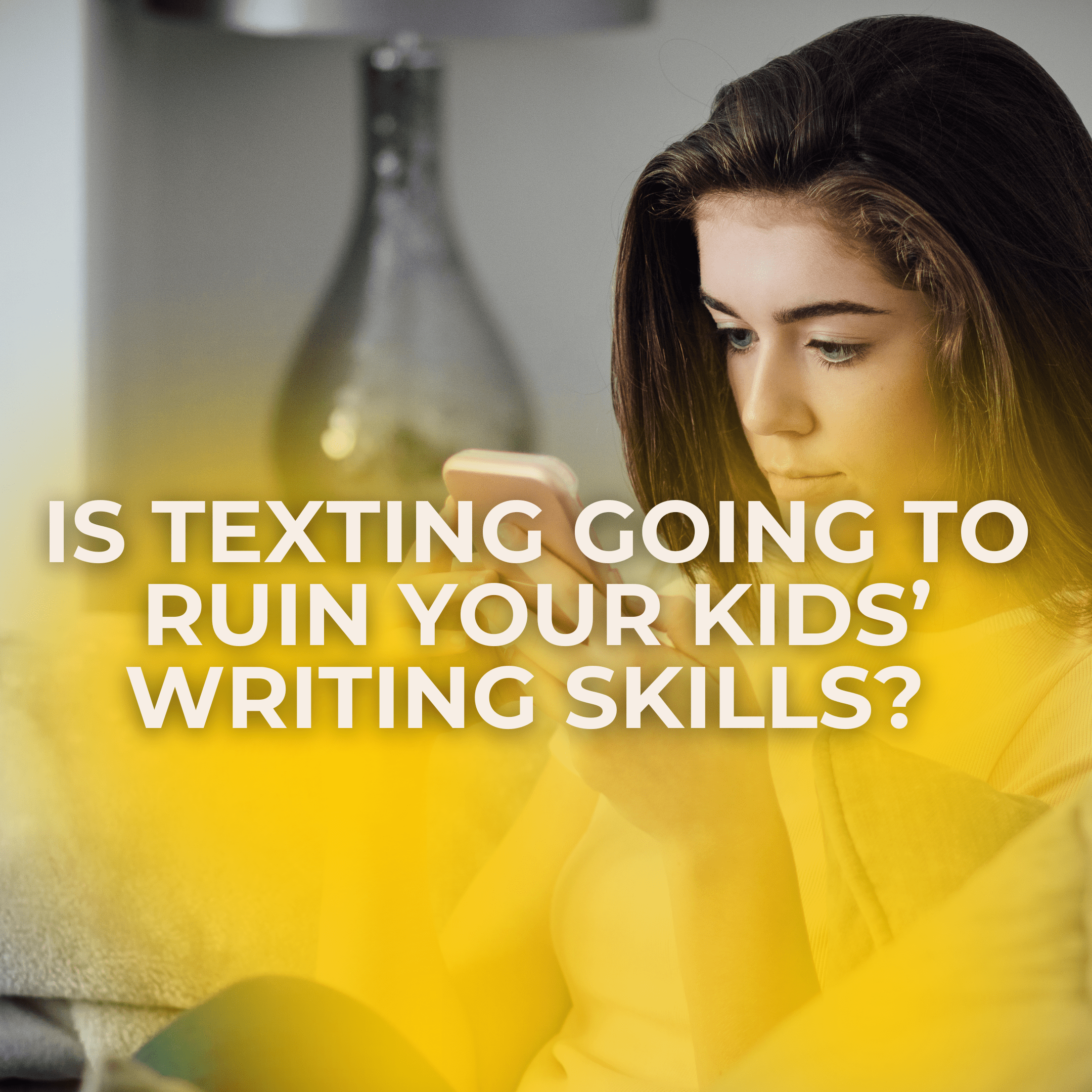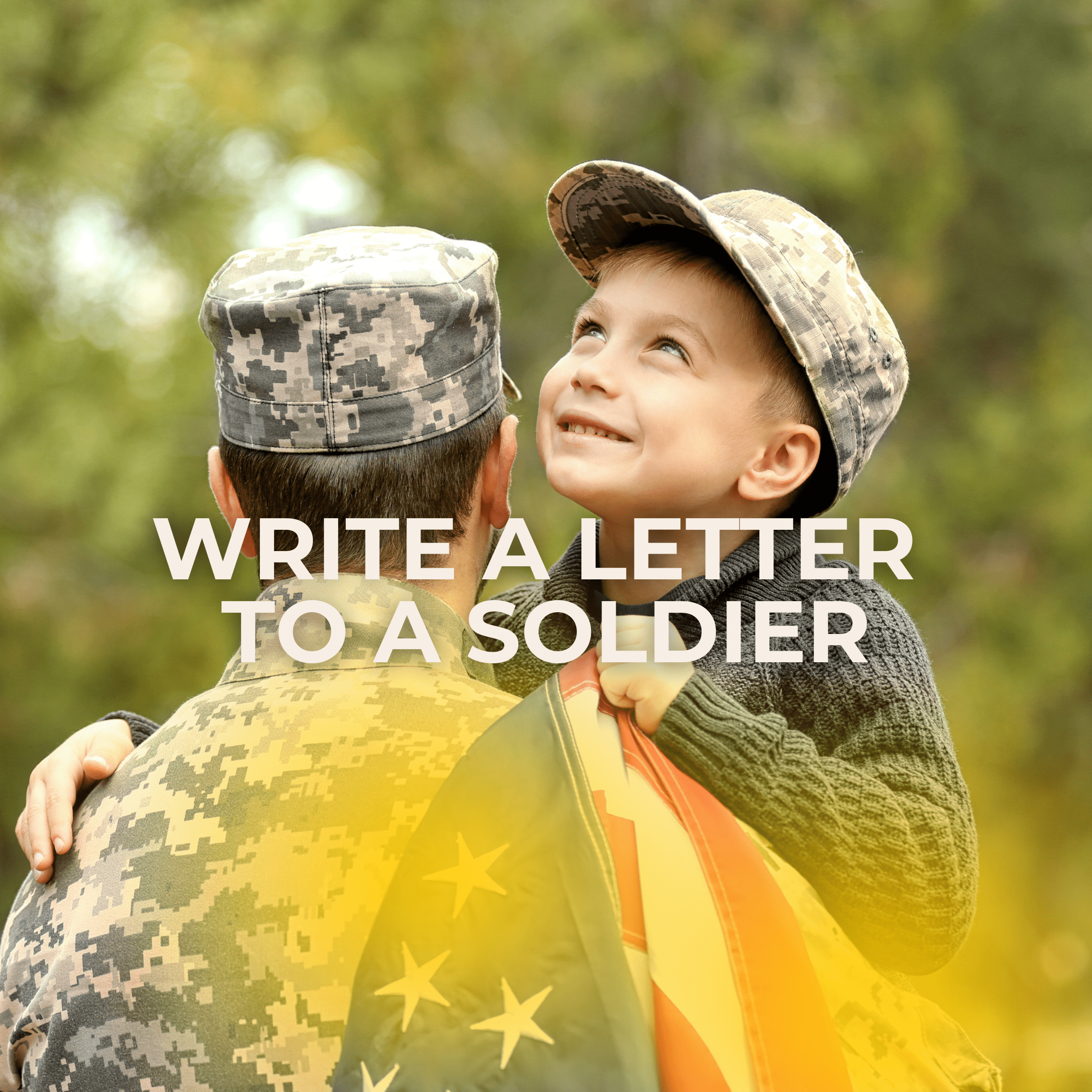Recently, a mom emailed us about a writing tragedy. Her eight-year-old daughter asked a local librarian if it would be possible to display her story so other kids could read it. It was a story about her dog Milo.
The librarian said no.
First off, let’s just all make a pact that we always say yes to children’s writing. Whatever the circumstances, when a child asks, let’s read it like it’s gold. (We know you’re nodding your head yes right now. If there ever was a good time to say “preaching to the choir. . . “:)
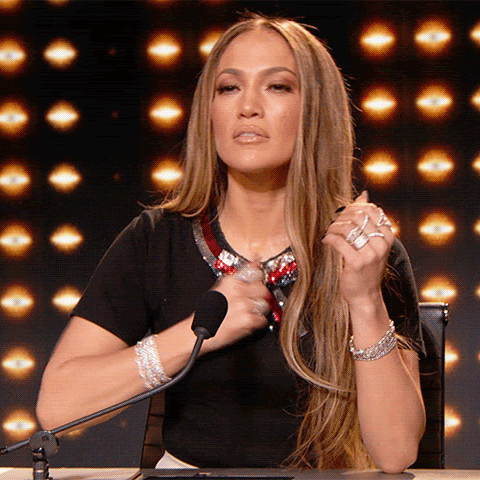
When we suggested the “give your child a deadline” challenge a few weeks ago, we said find a way to publish. “Publishing is one of the best ways to keep children excited about writing,” we said. And this is still true.
But what about the side of publishing where the writer hears “No”?
Throughout seventeen years of professional author visits to our summer camp, we’ve heard many, many rejection stories. One author said she wasn’t published until she wrote her 21st novel. (When someone is feeling bad that their novel was rejected, she says, “Talk to me after novel 21!”) One author made a laminated scroll of her rejection letters and rolled it across the floor as a dramatic demonstration of tenacity.
Not one of them has ever said it was easy, but not one of them has ever said they considered giving up. They keep writing because that’s who they are.
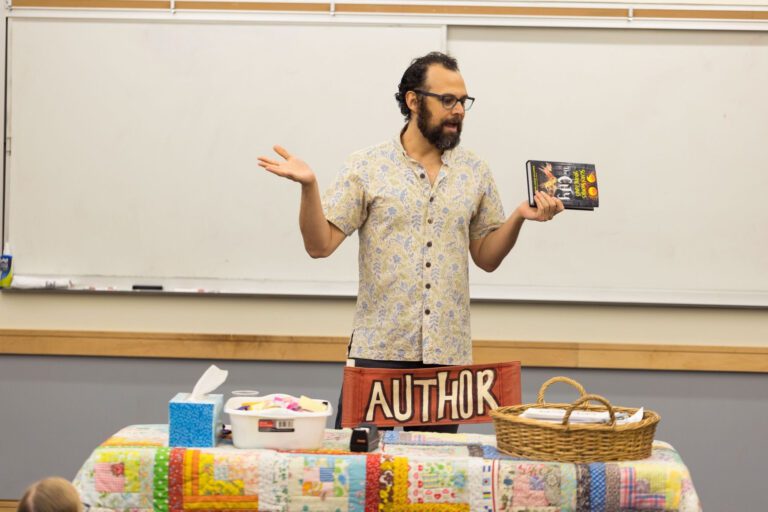
This is Newbery Award winning author Christian Heidecker speaking to writers at our summer camp in 2022. Yep. A Newbery Award winner. (We’ll let you know as soon as we know who is coming this summer!
And this is who we are raising our kids to be.
They don’t all need to become professional authors, but we want them to be confident about their writing, have writing always as a superpower they can rely on.
This takes effort on our parts to help them have good writing experiences–and some of these experiences include sharing their writing with readers.
And this takes courage. Whether it’s in a library or on a refrigerator door, it can be scary.
But aren’t we also raising our kids to be courageous?

In our story, the librarian could have been the hero (as librarians so often are) but this time it was the mom who saved the day (as moms so often do.)
This mom helped her daughter stay as undaunted as the author at writing camp rolling out her laminated rejection letters when she said: “Instead, we are sending her story to Grandma as a published family book.”
There it is. Plan B.
We share this story as Part II to our deadline challenge. Keep throwing down the deadlines. Keep encouraging your writers to be brave and share.
And when things don’t work out, keep paving the path to lots of Plan B’s.
It’s what the best writers learn to do.
